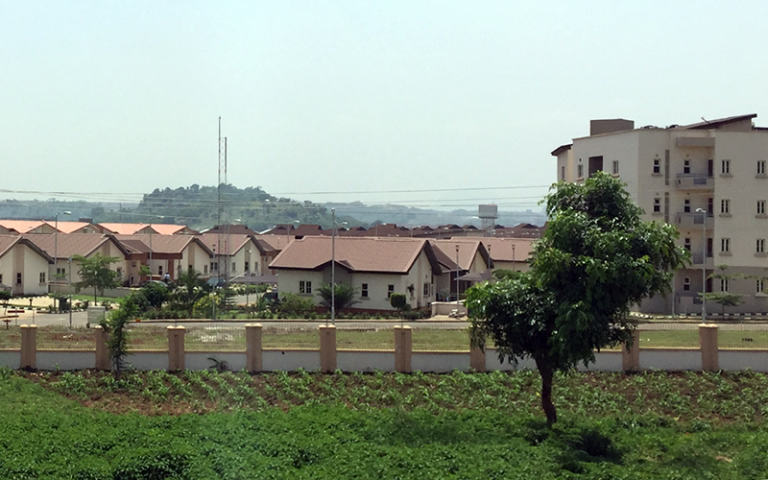DPU PhD candidate successfully defends thesis on the social network of urban agriculture
31 October 2020
Congratulations to Gbenekanu Mpigi who has successfully defended his thesis that the social relations of urban agriculture mediate people’s engagement and success in generating food security for their household and reducing their vulnerability

His thesis, titled 'The social network of urban agriculture: livelihood diversification as a system of provision in Port Harcourt City Nigeria', explains how poor urban households in Port Harcourt City, Nigeria, engage with urban agricultural production practices to improve their conditions. He demonstrates how people negotiate and navigate urban agriculture processes, by examining social relations around three key decision-making points – firstly, what people do to start urban agriculture; secondly, if, and when, they diversify their engagement; and thirdly, if, and when, they cease engaging in urban agriculture. He counter-poses respondents in each of these three groups with a group of respondents that have never engaged in the urban agriculture.
Conceptually, he extends Kate Meagher’s analysis of the sociality of informality. Meagher introduces ‘legacies’, ‘linkages’, and ‘localities’ to analyse social relations in an urban environment when informality is unescapable. Gbenekanu adds a further dimension of ‘land’ and elaborates it into a ‘social relations of urban agriculture’ framework where ‘land’ takes particular social forms in relation to urban agriculture through the qualities of the soil, aspect, proximity to water, markets, built environment as well as tenure.
Through a quantitative survey with a representative sample he recruited respondents from 40 households categorised around the 3 decision-making points and a group that had never engaged in production phase of urban agriculture. He conducted an in-depth interview with the 40 respondents and explored their responses in 4 focus groups discussions corresponding to the four groups.
In conclusion, he shows that that gender as an identity (primarily in shaping access to land); birth right in securing indigeneity (and hence, through inheritance shaping access to land) and social networks in accessing resources, assets and markets are significant in understanding how people engage with urban agriculture.
 Close
Close

